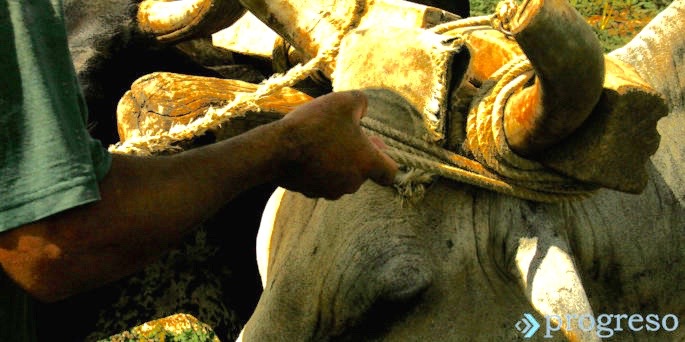
Rural tourism: Foreigners among Cuban farmers
LAS TUNAS — The first Americans at the La Conchita farm, 10 kilometers south of Puerto Padre, will soon usher a new stage in the lives of Moisés Mora Sicilia and his family, who, for the past two years, have developed the most successful experience in rural tourism in Las Tunas province.
Those Americans who will come from the United States are not technically tourists but that doesn’t bother Mora too much because he prefers an exchange of views to merely making money.
On 2014, this farmer — a member of the Francisco Cabrera Credit and Services Cooperative (CTS) — signed a contract with the Havanatur travel agency that allowed him to welcome foreign tourists, first from the Brisas Covarrubias Hotel (of the Cubanacán chain) and later groups of Frenchmen touring the island.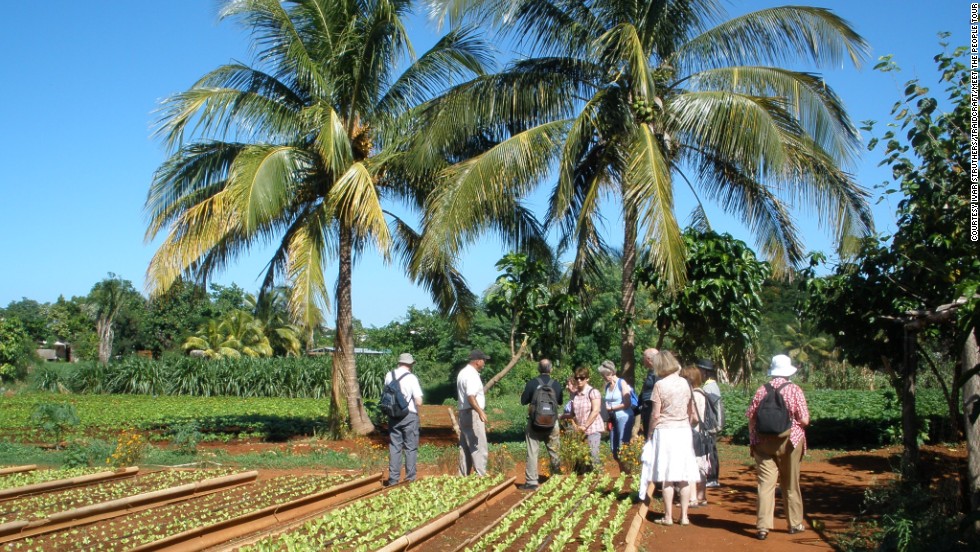
During the busy 2015-2016 season, more than 300 foreigners arrived at La Conchita, a 6-hectare farm that has been run by the same family for four generations.
“Ever since I studied at the university, I worried about improving [the farm’s] productivity,” says Moisés, a 47-year-old agronomist. “We assumed the task of achieving sustainable farming, to have the largest possible number of crops. We raised poultry and small cattle; we planted fruit trees, sowed various kinds of vegetables, grains and sugar cane. Through ANAP [National Association of Small Farmers] we engaged conscientiously in agroecology, protecting the soil and taking advantage of organic matter.
“We began by improvising and set our course as we went along. The first thing was to understand each other with the tourists, who came with the idea of giving away things. We don’t accept charity here. We do our job with much dignity and decency.
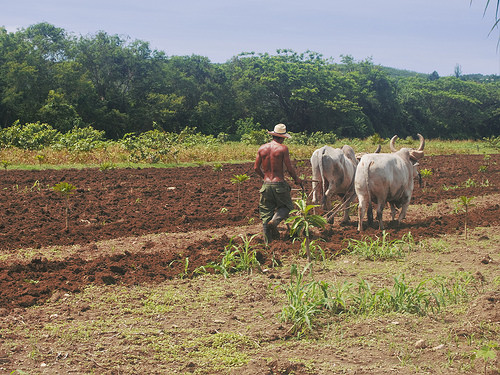 “To them, this is a unique experience to see different things. They savor the fruits in their natural state, they see the animals, feed them. They walk into our buildings. If we’re plowing the earth, they want to lead the oxen, and so on. They ask a lot of questions (especially the Frenchmen) about the types of crop, about the sowing seasons. So, we never stop studying and learning, so we can answer all their questions,” he says.
“To them, this is a unique experience to see different things. They savor the fruits in their natural state, they see the animals, feed them. They walk into our buildings. If we’re plowing the earth, they want to lead the oxen, and so on. They ask a lot of questions (especially the Frenchmen) about the types of crop, about the sowing seasons. So, we never stop studying and learning, so we can answer all their questions,” he says.
Projects like this one have been a lot more common since the last decade in regions of Cuba with a greater tradition in farming, such as Pinar del Río. But they are rare in a territory that has traditionally concentrated in agriculture, cattle-raising and sugar production. So, Moisés has had to deal with the natural mistrust of fellow farmers who worry about the foreigners who break the tranquility of this region, along the Las Tunas-Puerto Padre roadway.
“I always suspected that something might sour the deal. The initial method of payment could not be firmed up and they still owe me 2,000 CUC [about 2,000 dollars] because I couldn’t cash the checks they sent me. The agency told me that things couldn’t be like that, that I was entitled to those revenues. Through a license to operate a coffee shop, I was able to receive the payments.”
In effect, Moisés returned to a world that was part of his life for more than 10 years. In the mid-1990s, as an agronomist, he was among the engineers who built the Brisas Covarrubias, the only international tourist center in Las Tunas.
“Afterward, I remained in the maintenance department until 2005, looking after the green areas and general gardening,” he says.
“To develop the gardens in an environment as hard as this one, I learned a lot about the coastal soils. This helped me, because I interacted with clients a lot. Some wanted to cultivate local seeds in their country, or wanted to take pictures on the mountains, so I went along and explained matters to them. I talk about that ethical treatment with my wife and brother, who work with me. I left the hotel because the farm needed my attention more. The people at the hotel didn’t want me to leave. Everybody wants to work in a hotel.”
A natural farmer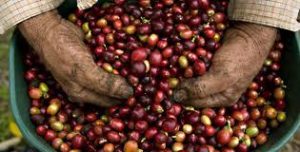
“Everybody wants to see the cruise ships arrive; so do I. And I wonder what will become of Puerto Padre when those passengers come to the city. What will we do with so many people when we have to offer them something? Everybody talks about it but, as I see it, there’s a lot to be done. We have to prepare the sites, protect the healthy environment, eliminate anything that’s illegal,” Moisés opines.
Some analyses made by researchers in Pinar del Río confirm the marked cultural nature of rural tourism “by contributing to the promotion of the most native values in the local culture, in close relationship to the way that the tourists understand it.” At the same time, the research points to the interest of foreign visitors in seeing traditional and organic forms of working the land, as well as preparing farm foods.
At Las Tunas University, in coordination with the Program of Local Farming Innovation (PIAL), researchers believe that at least five farms in four municipalities of the province have the potential to do something similar to the La Conchita project.
Some sites, like the Y Farms in Calzadilla, south of the city of Las Tunas, also welcomed tourists through Havanatur, tourists who wanted to view the progress made in agroecology and the mini-industry of crop processing. However, the poor condition of the roads leading to those sites made the excursions unaffordable.
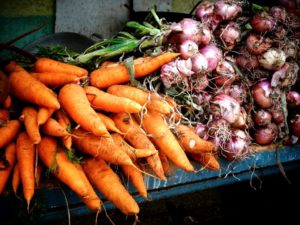 Raquel Ruz, Ph.D. in Sciences and the PIAL’s general coordinator in Las Tunas, assures us that experiences like Moisés’ confirm that rural tourism could be a source of additional income for farmers, who, of course, will need training in managing it.
Raquel Ruz, Ph.D. in Sciences and the PIAL’s general coordinator in Las Tunas, assures us that experiences like Moisés’ confirm that rural tourism could be a source of additional income for farmers, who, of course, will need training in managing it.
A member of PIAL, Moisés has toured the country to get acquainted with similar enterprises in the provinces of Sancti Spiritus and Pinar del Río. He has doubts about their ability to preserve the essence of Cuban farming.
“I can’t turn this place into a destination for tour buses that arrive every day, because the farm would turn into something else. As a business, it would provide a lot of money at first, but with time the farm would cease to exist. The idea is to protect the farmer’s essence. That’s the boundary. Let the client take away the idea of how we live, what we do.”
That’s the basis for Moisés’ tranquility regarding U.S. Americans who arrive at La Conchita: “We don’t have to change our way of living to please them. We are farmers and this is a farm country. It always has been so, no matter that our agriculture is unlike the one they’re used to seeing.”


